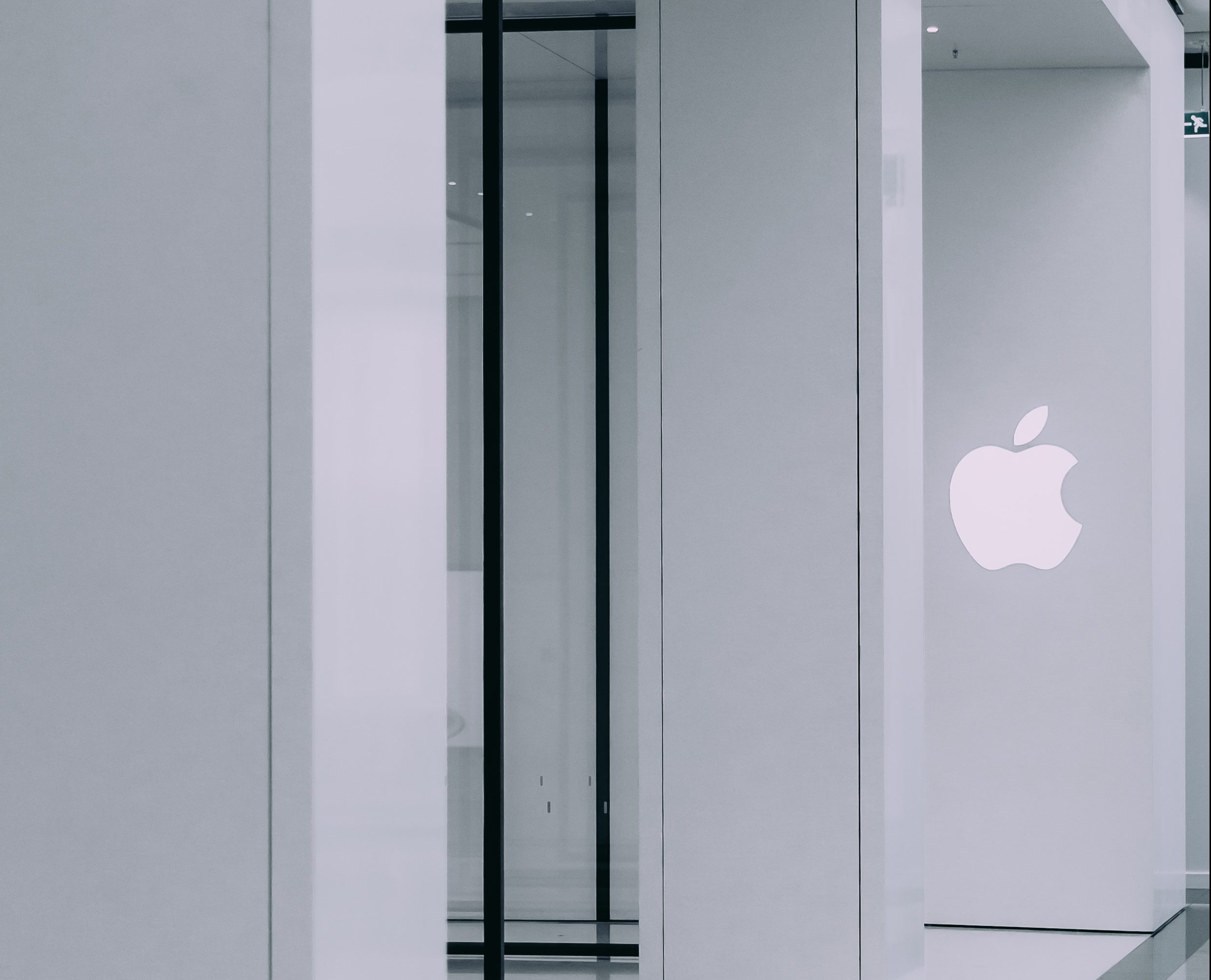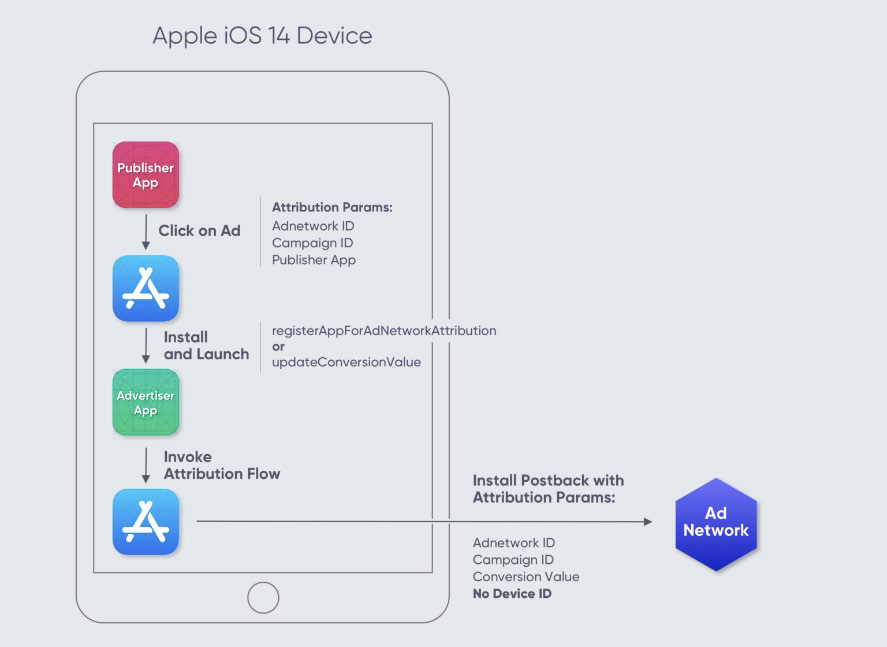Editor’s note: The NSTMF blog series invites members of our expert communities to write on topics that they feel passionately about as part of our effort to highlight more voices and offer perspectives from across the STEM spectrum.
A lot has been written about the new IOS 14.5 update, but many missed a fundamental shift in power and permissions. Apple’s redefinition of permissions.
Apple is now giving us back the power to choose, highlighting the fact that we didn’t have it before. Those who took away that power in the first place – stole it from us in the middle of the night – are now giving it back to us in broad daylight.
What if I told you that the guy who sold you your groceries is now eager to know where you live, what you do for a living, what you listen to after you reach home, what type of perfume you use, and what you had for dinner tonight? He wants your permission to follow you home, to track you.
You would be so creeped out to scream, heck no! You may even report this person to the authorities. But your grocery stores are already tracking you. Your delivery services are tracking you. Your health apps are tracking you. Your bank is tracking you. It is not entities alone that are tracking you. Individual items like your coffee maker and washing machine are also tracking you. Your dinner tonight is tracking you. Your music is not only tracking you; it wants to know how you feel also. Your TV is tracking you. All your appliances are tracking you. Every time you throw something in your digital cart, that cart is tracking you. Every like, share, click, scroll, or swipe of yours is tracked.
All the apps you use are tracking you. Your every move is tracked up to the minute so perfectly to create an accurate itinerary of your daily life, according to New York Times research.
And the worst part is you gave them permission to track you. Yes, you did. You just don’t remember doing it because they sneaked those asks in boring, long agreements that were mandatory for you to use their services. You had no choice but to say yes to all. Some never even bothered to ask you.
Apple now promises to change all that. It wants to make sure you remember what you say yes to. And “allow” you to say no. Yes, you now have the permission to say no. Are you thrilled? Many were beyond thrilled when Apple announced its new privacy feature a few weeks ago. Apple will now insist that app developers have a pop-up that will ask permission from users to track them as part of their App Tracking Transparency feature (ATT) embedded in the IOS 14.5 update.
I don’t know about you, but I was not overwhelmingly thrilled. Just slightly insulted. My initial reaction: I am now allowed to say no to tracking?
When did I ever say yes? When did I lose that right? And to whom?
Apple is now allowing me to exercise my fundamental birthright to be not followed by strangers. My default legal right to a private life, inherent control over my data, and legitimate expectation to not be followed by anyone are now contained with an opt-out choice. By the time this article is published, you would have learned a lot about Apple’s new privacy policy and how it was received by others. Mostly high praises for it. And very strong oppositions too. Facebook, which loves to track your every move, was visibly upset by this news, claiming it was only worried that your experience on Facebook might suffer.
If you didn’t believe them, then don’t believe Apple’s spin to establish itself as the pioneer in privacy rights. The feature to disable tracking was in iPhones long before this update, buried deep into their settings along with the option to disable Siri.
Now they want to have the cake and eat it too.
Apple now wants to be the sole facilitator of how advertisement data is processed. It will be all in-house from now on. In a framework called SkAdNetwork, ad networks must register with the Apple store along with the publisher app, and attribution info (that is, letting the advertiser know if an ad was clicked or not) passes through Apple without revealing any identifiable user info. In other words, companies that only play with Apple’s ecosystem of products can gain access to this aggregated data—aggregated by Apple.
Yes, another Blackbox from Big Tech, but given how they have played with user privacy for years now, I am skeptical.




